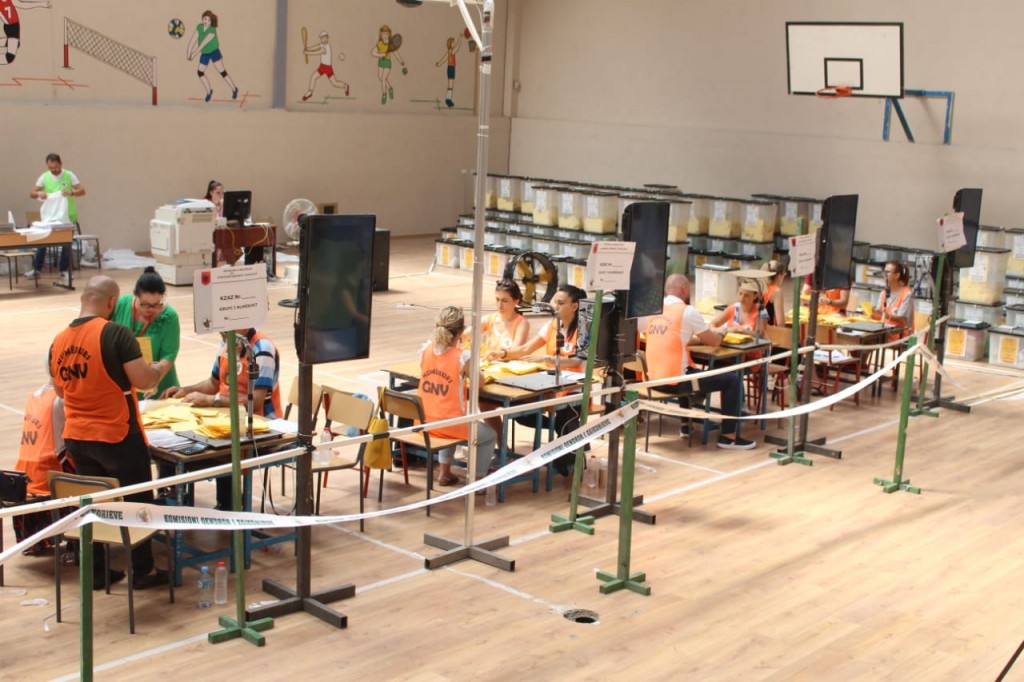Tirana ballots to be recounted after opposition challenge, delaying final certification

The Central Election Commission (CEC) will recount 425,065 paper ballots from the Tirana district—excluding the two administrative units where electronic voting was used—following a complaint filed by opposition MP Asllan Dogjani. The Commission of Appeals and Sanctions (CAS), led in part by opposition-nominated members, accepted the request, triggering a full manual recount of Albania’s largest voting district.
Why is this important: This move puts the final certification of Albania’s May 11 election results on hold. Despite the recount, even opposition figures acknowledge that it is unlikely to alter the overall result in Tirana, where their coalition secured only 13 out of 34 mandates. The order also highlights a paradox: the very party that opposed electronic voting—arguing for a return to manual counting—is now burdened by the slower, less efficient process they advocated.
Context: Tirana’s ballots were initially counted by nearly 400 counting groups over the course of three days. The recount, however, will be handled by only about 20 CEC staff teams, due to legal restrictions prohibiting the hiring of temporary counters beyond election day. This is expected to significantly prolong the process.
The opposition claims the ruling Socialist Party manipulated the election through a scheme known as the “Bulgarian train,” which allegedly involved pre-marked ballots being distributed to voters outside polling stations. However, it has presented absolutely no evidence for this claim. Furthermore, CAS members themselves noted the practical impossibility of such fraud given the heavy oversight at each station—over 10 officials, observers, and surveillance cameras—as well as the sheer size of the A3 ballots used, which would have made illicit substitution a logistical impossibility.
What else happened: CAS rejected four other opposition requests to annul election results in Kukës, Gjirokastër, Korçë, and Lezhë due to insufficient evidence. It did, however, accept a petition from the Democratic candidate in Dibër, ordering the opening of 44 ballot boxes to review preferential votes for coalition candidates.
In parallel, the CEC has begun examining unused ballots and other voting materials in 229 boxes across 11 districts, responding to additional opposition claims.
What next: With DP leader Berisha’s political future now tied to rejecting the election outcome, further moves are expected—likely escalating once all legal avenues are exhausted. Berisha has already called for protests, signaling that he sees heightened confrontation as the only way to deflect rising pressure for accountability and avoid the resignation mandated by the party’s statute.


